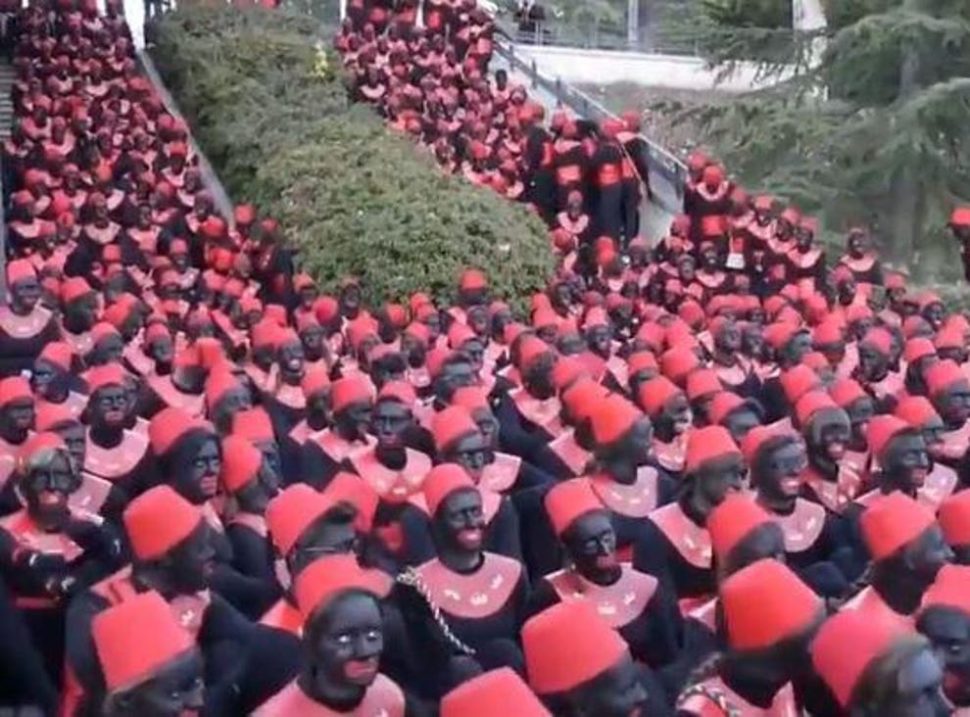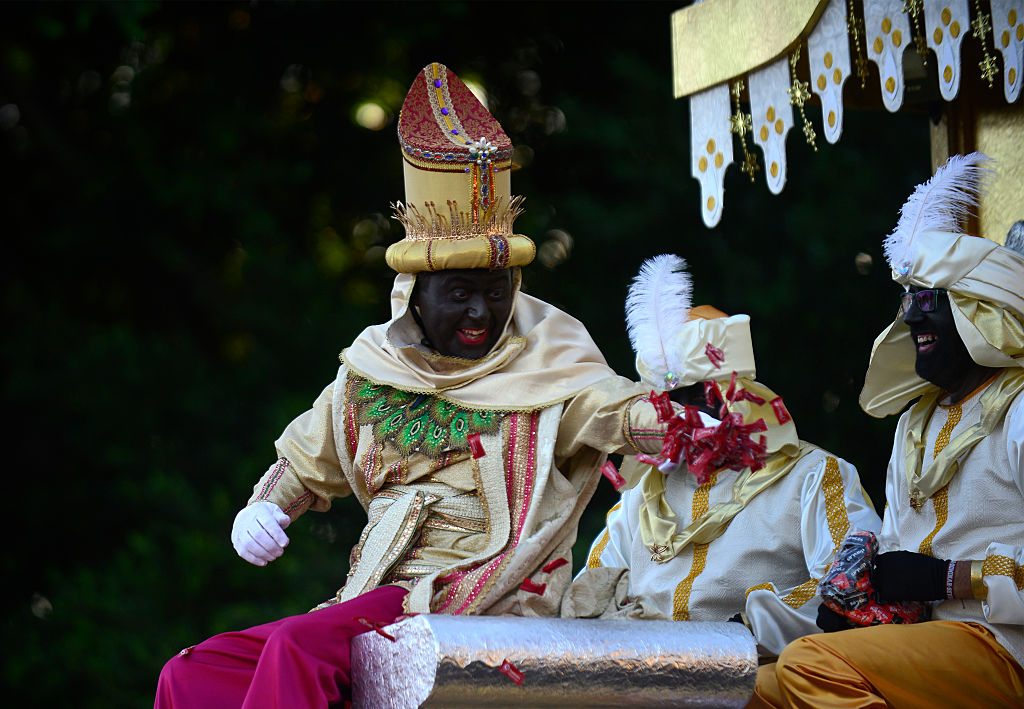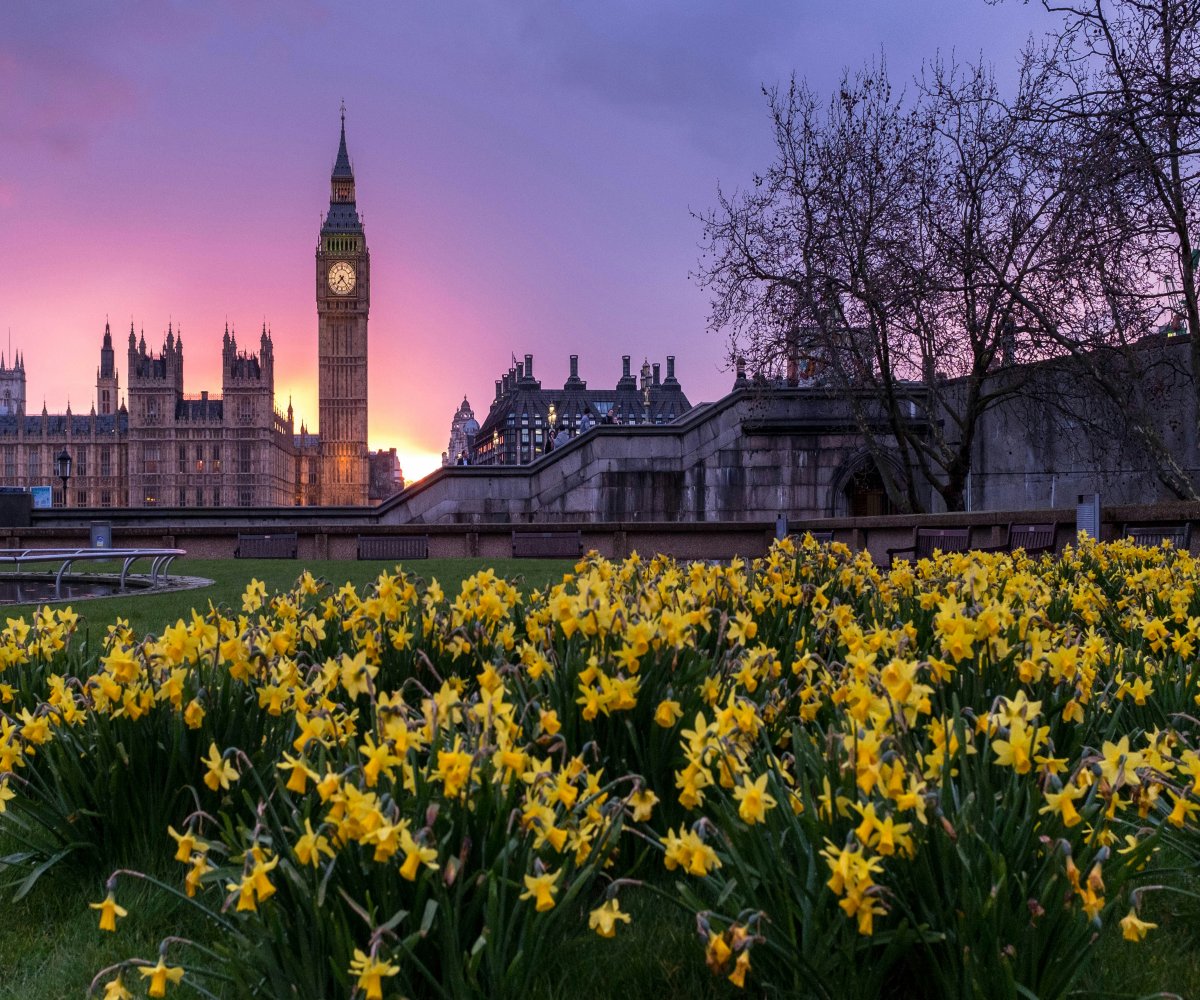Each year, the evening of January 5 is reserved for a much anticipated parade in Spain where families gather to fill the streets in remembrance of the Three Wise Men— Balthasar, Melchior and Gaspar. What was once a purely religious celebration has now become Spain’s most controversial display of blackface— this is the three kings parade.
The parade, known in Spanish as Día de Los Reyes Magos, takes place 12 days after Christmas and is widely celebrated across Latin America, Spain and some parts of the United States. Typically, the celebration commemorates the Biblical arrival of the Three Kings in Bethlehem, and is greatly anticipated for the elaborate spectacle of gifts, sweets and commotion.
While the tradition of the parade dates back to the late 1800s, more recent years have proven that national and international outrage calls for a change in the maintained tradition of blackface.
While many Spaniards consider the three kings parade to be a joyous experience, others have called for the end of the blackface tradition surrounding representations of King Balthasar, who is often represented by a white man in blackface.
Within Christianity, King Balthasar is depicted as a man of African origin. More specifically, he is believed to be from what is present-day Ethiopia or Yemen.
Spain, a country with more than 1.3 million Spanish residents of African descent, still insists on selecting white men in blackface to represent the King, specifically in southern regions of the country. In Alcoy, Alicante, the parade has a deeply steeped tradition of an overwhelming amount of the population participating in the parade wearing full blackface since 1885.

While some parts of the country have accordingly accepted the offensive use of blackface to represent the Black King, there is still much resistance in other regions, which speaks to the insidious nature of unresolved racism in the European country. Cities such as Seville, Pamplona, Alicante and the Catalonia region fail to respond to the denounced use of blackface in their annual parades.
In an attempt to dismantle the country’s reckless defense and perpetuation of the racist act, the Afro-Spaniard community have campaigned and launched online petitions. Likening the parade to the nineteenth century minstrel shows in the United States, the group are demanding an end to the polemical aspect of the parade that offends Black populations globally.
“Continuing with this practice also means to continue making the Afro community invisible, particularly the Afro-Spaniard population, denying our right to participate as equals in the country’s distinct cultural events,” writes Afro-Spaniard activist Amín Arias Garabito in the online petition.
While it is widely accepted by Spanish authorities and the Spanish population at large, it seems that the unfortunate use of blackface in Three Kings Parades remains unchecked in time for this year’s parade.





